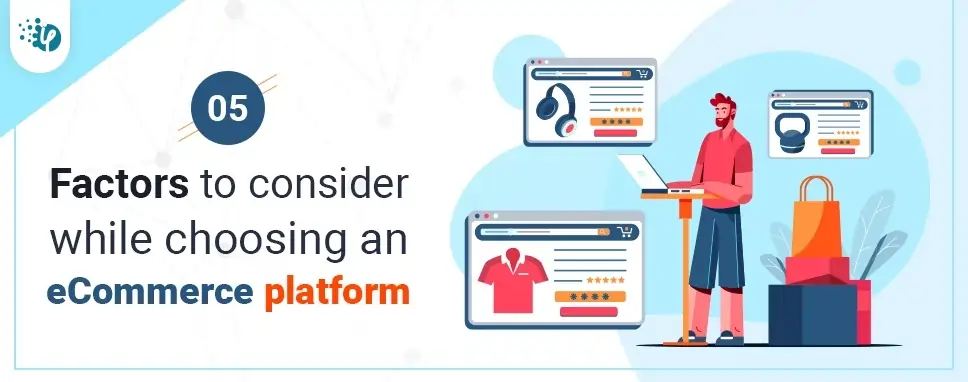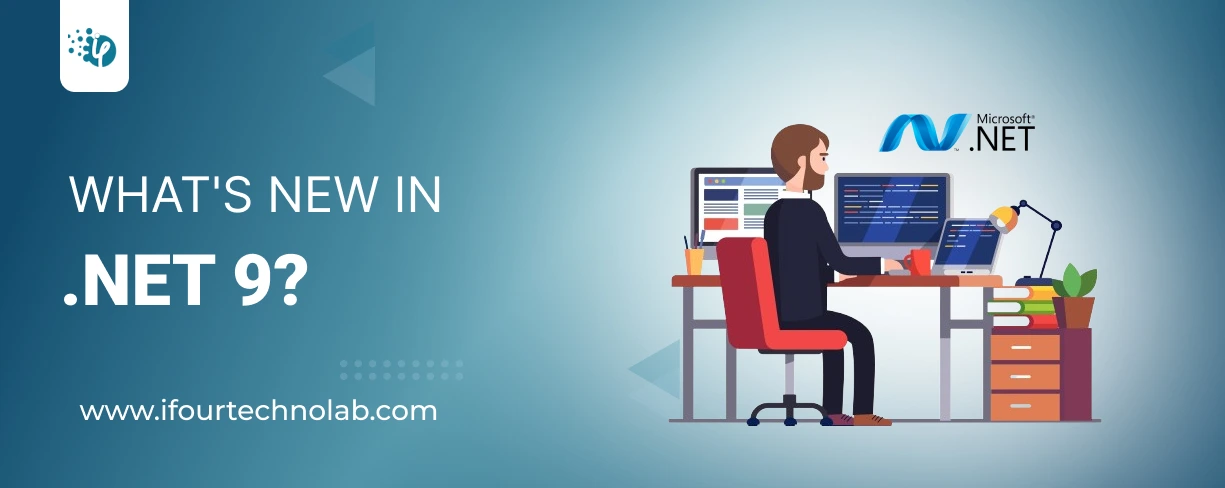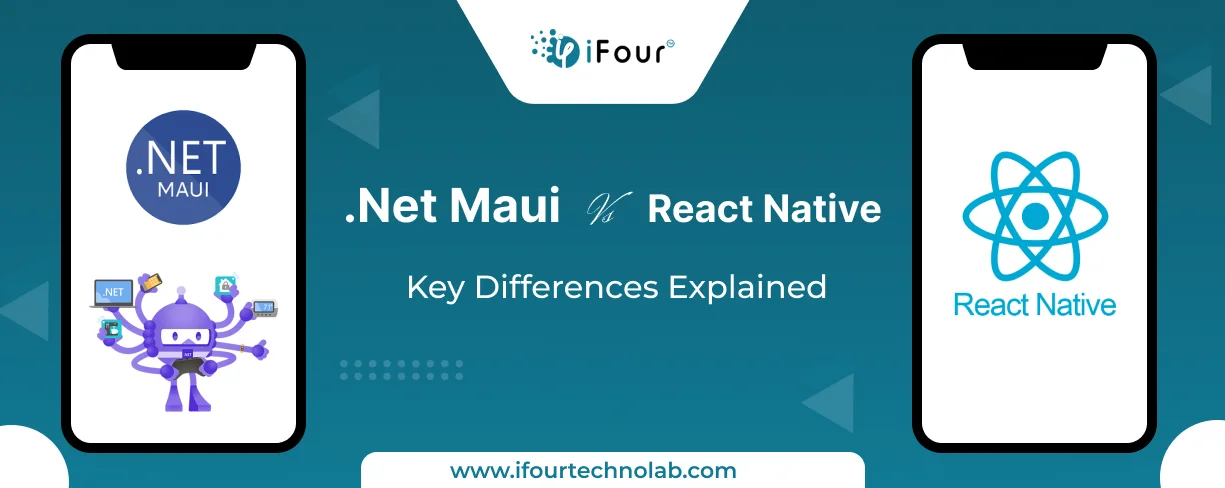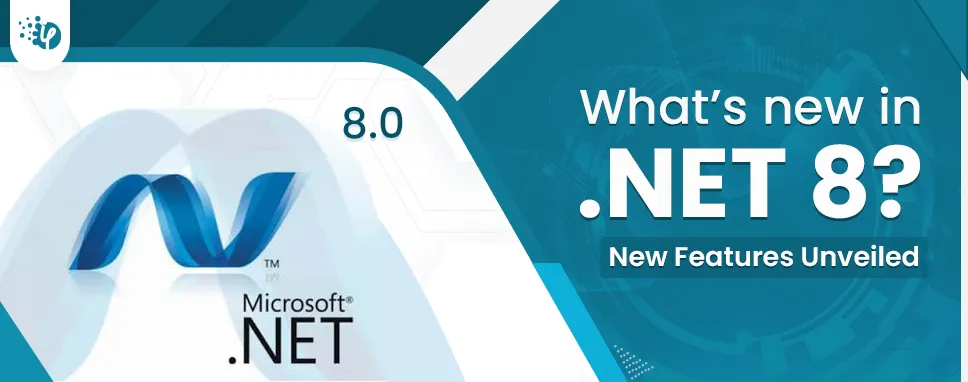“Duties and taxes calculation – Flow simplifies the complexity of selling cross-border through tax and duty calculations - backed by machine learning technology and offers flexibility around how and where these fees appear in the shopping experience.
Complete pricing control and cCurrency conversion and rate guarantee – Flow offers real-time currency conversion in over 100 currencies and guarantees the rates quoted at the time of sale, enabling merchants to deliver a better shopping experience without additional risk.
Higher-converting cross-border experiences - Flow helps improve conversion rates in cross-border markets through a growing collection of 100+ payment integrations and local acquiring entities to improve authorization rates.
Reduced risk and legal complexity - Flow reduces the risk of global expansion by taking on legal responsibility for all cross-border transactions as Merchant-of-Record, supported by in-house legal experts who constantly monitor the global regulatory landscape to ensure compliance for Shopify brands.”
- Rob Keve, CEO & Founder ofFlow E-Commerce
“Cloud platforms:
The world of cloud platforms is a little hazy. Cloud platforms are traditional and open-source platforms that have been slapped onto a hosting system. Magento Enterprise Cloud, Demandware, Salesforce Commerce, and Volusion are other examples.
Software-as-a-Service (SaaS) platforms:
Most SaaS-based eCommerce platforms are built on a single codebase. For a fixed monthly charge that includes server use, maintenance, security, and upgrades, everyone who uses an eCommerce SaaS platform gets the same technology.”
- Daniel Foley, SEO Specialist at CloudTech24
“Pricing Model & Support
It is good to understand the provider's pricing model and the features they offer. Some platforms may need you to pay a base price for a few features, then add a subscription amount for additional features. The figures may add up and become unbearable. You need to understand the features you need then measure them against the price. Always shop around because you may find someone with a cheaper offer.
Security
Security is critical for any eCommerce company. You want to be sure that the provider guarantees you the security of your information. There need to be data backups, fraud prevention, SSL, and PCI compliance. Your eCommerce website needs protection from data theft and hackers.”
- Harriet Chan, Co-Founder of CocoFinder
“Building a successful e-commerce business is not as easy as you may think. There are a lot of things that you must consider and take care of. Using the right e-commerce platform for your business is one of the keys to e-commerce success. To help you choose the best e-commerce solution provider for your business, here are some factors to consider:
SEO features and benefits - SEO is crucial to making your site more visible and getting high search engine rankings. That is why it is a must to look for an e-commerce platform that is SEO-friendly.
Technical Support - Choosing a platform that offers good technical support is vital, especially when you are new to e-commerce. It is best to choose a platform that has 24/7 support and that you can easily reach through different channels.
Range of payment options - You can lose customers with a limited selection of payment options. So, make sure to choose a solution provider that will allow you to accommodate a wide range of payment options.”
- Martin Luenendonk, CEO of FounderJar
“One of the key factors to consider when selecting the best eCommerce solution provider is meeting your business needs. Understand your business goals, and from there, list product requirements you need and go for the software vendor that offers most of your must-haves. Some e-commerce software requirements include B2C or B2B market requirements, third-party integrations, IT and hosting capabilities, security certificates, customer service capabilities, and eCommerce platform management, to name a few.
Another thing to consider is the payment option. An eCommerce store must accommodate a range of payment options to make it easier for your customers to pay for your products. You may lose customers just because your eCommerce store doesn't have a convenient payment option for them. Some payment options to consider aside from credit cards are Paypal, Apple Pay, and Google Pay. Also, it would be best if you choose a provider that uses SSL encryption to ensure that your site is safe.”
- Sarah Walters, Marketing Manager ofThe Whit Group
























